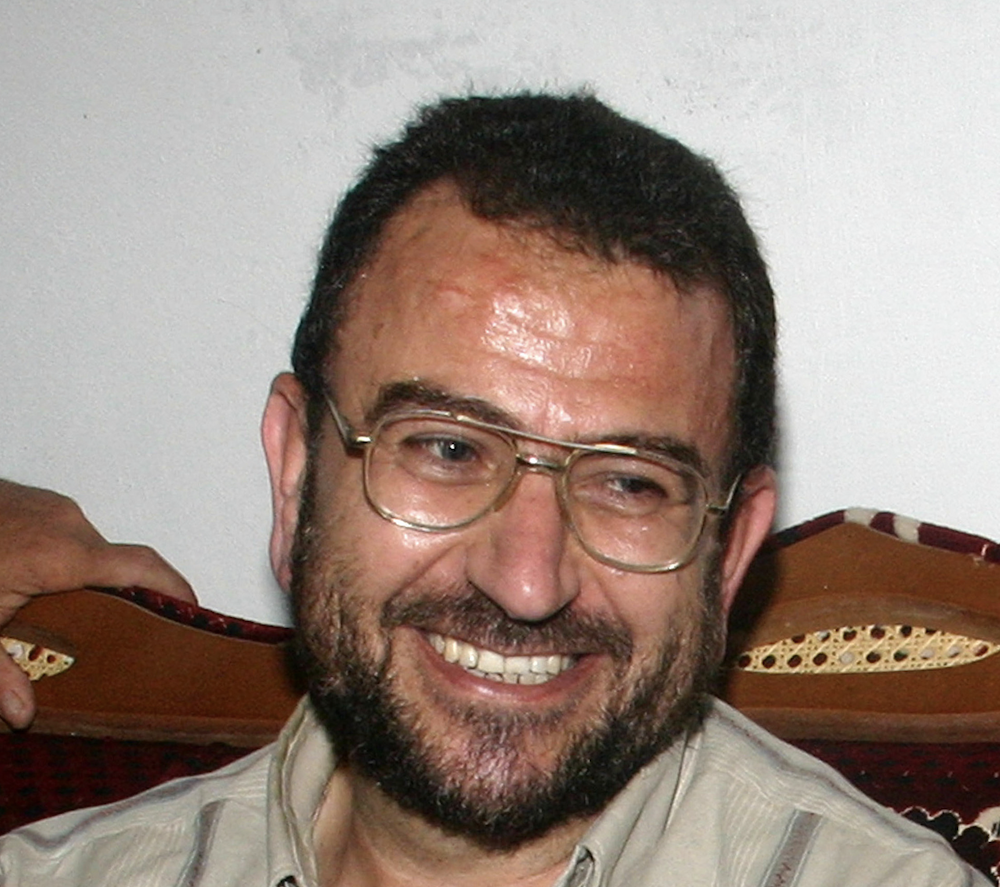DAMASCUS, Syria: Hundreds of former Syrian soldiers on Saturday reported to the country’s new rulers for the first time since Bashar Assad was ousted to answer questions about whether they may have been involved in crimes against civilians in exchange for a promised amnesty and return to civilian life.
The former soldiers trooped to what used to be the head office in Damascus of Assad’s Baath party that had ruled Syria for six decades. They were met with interrogators, former insurgents who stormed Damascus on Dec. 8, and given a list of questions and a registration number. They were free to leave.
Some members of the defunct military and security services waiting outside the building told The Associated Press that they had joined Assad’s forces because it meant a stable monthly income and free medical care.
The fall of Assad took many by surprise as tens of thousands of soldiers and members of security services failed to stop the advancing insurgents. Now in control of the country, and Assad in exile in Russia, the new authorities are investigating atrocities by Assad’s forces, mass graves and an array of prisons run by the military, intelligence and security agencies notorious for systematic torture, mass executions and brutal conditions.
Lt. Col. Walid Abd Rabbo, who works with the new Interior Ministry, said the army has been dissolved and the interim government has not decided yet on whether those “whose hands are not tainted in blood” can apply to join the military again. The new leaders have vowed to punish those responsible for crimes against Syrians under Assad.
Several locations for the interrogation and registration of former soldiers were opened in other parts of Syria in recent days.
“Today I am coming for the reconciliation and don’t know what will happen next,” said Abdul-Rahman Ali, 43, who last served in the northern city of Aleppo until it was captured by insurgents in early December.
“We received orders to leave everything and withdraw,” he said. “I dropped my weapon and put on civilian clothes,” he said, adding that he walked 14 hours until he reached the central town of Salamiyeh, from where he took a bus to Damascus.
Ali, who was making 700,000 pounds ($45) a month in Assad’s army, said he would serve his country again.
Inside the building, men stood in short lines in front of four rooms where interrogators asked each a list of questions on a paper.
“I see regret in their eyes,” an interrogator told AP as he questioned a soldier who now works at a shawarma restaurant in the Damascus suburb of Harasta. He spoke on condition of anonymity because he was not allowed to talk to media.
The interrogator asked the soldier where his rifle is and the man responded that he left it at the base where he served. He then asked for and was handed the soldier’s military ID.
“He has become a civilian,” the interrogator said, adding that the authorities will carry out their own investigation before questioning the same soldier again within weeks to make sure there are no changes in the answers that he gave on Saturday.
The interrogator said after nearly two hours that he had quizzed 20 soldiers and the numbers are expected to increase in the coming days.
























